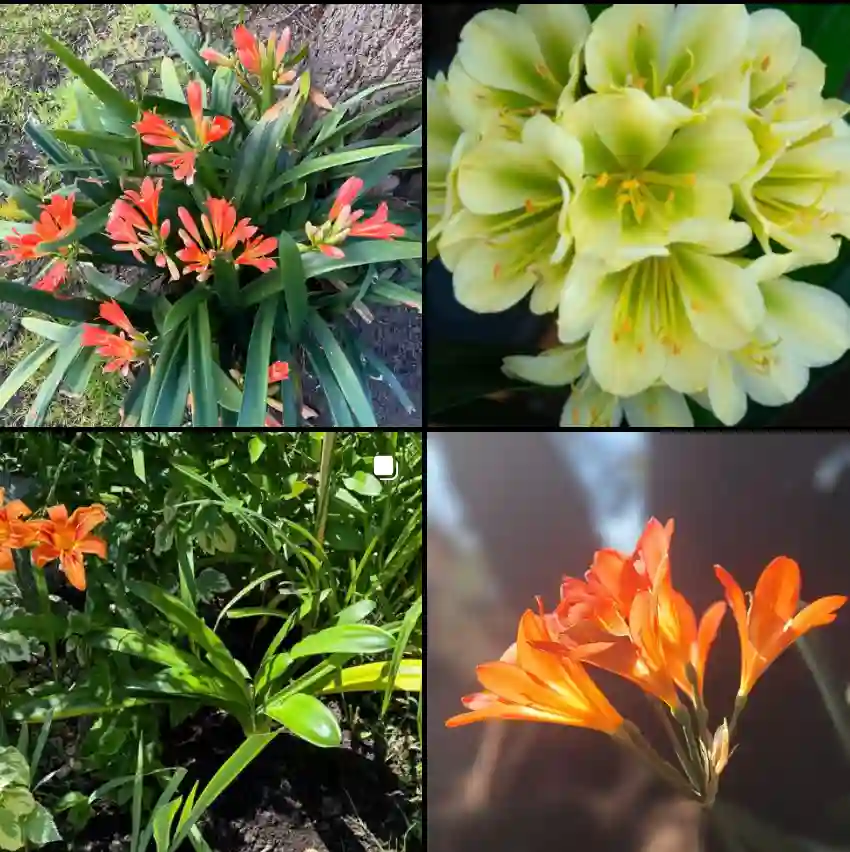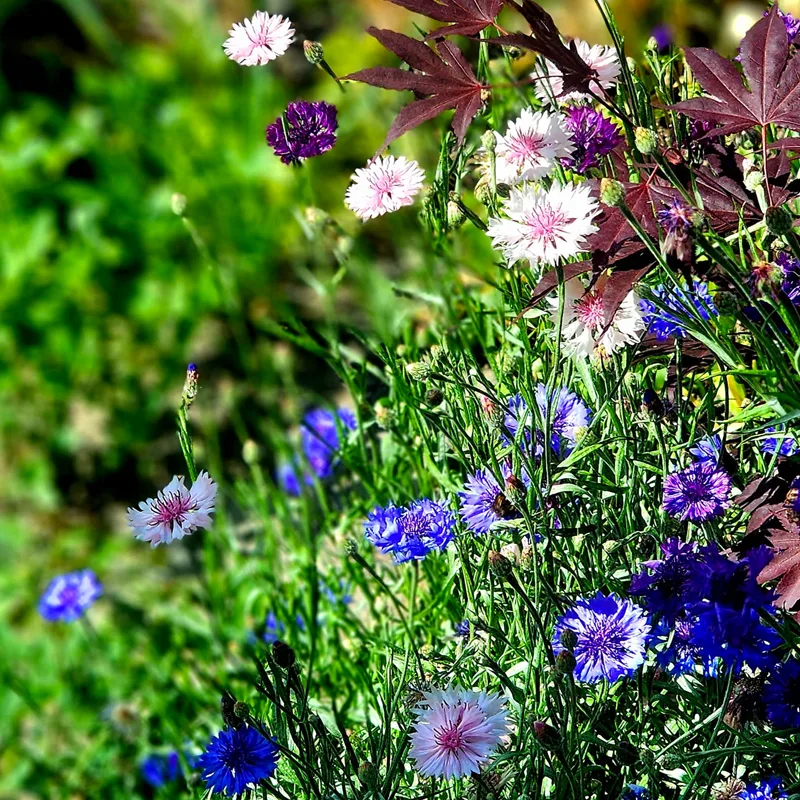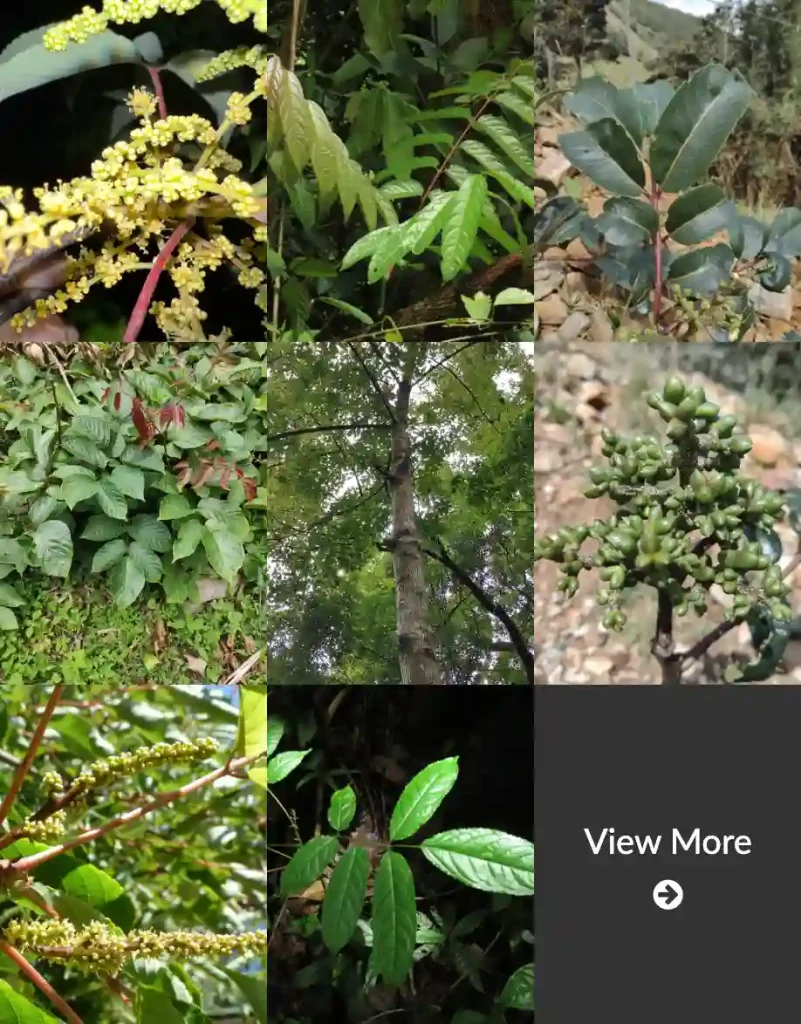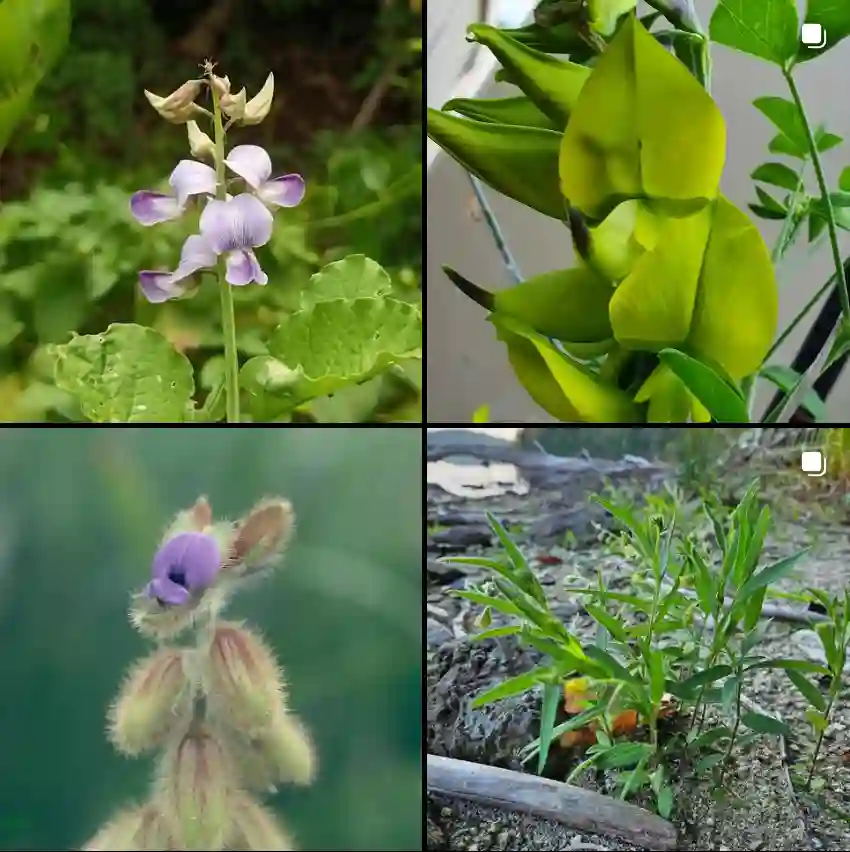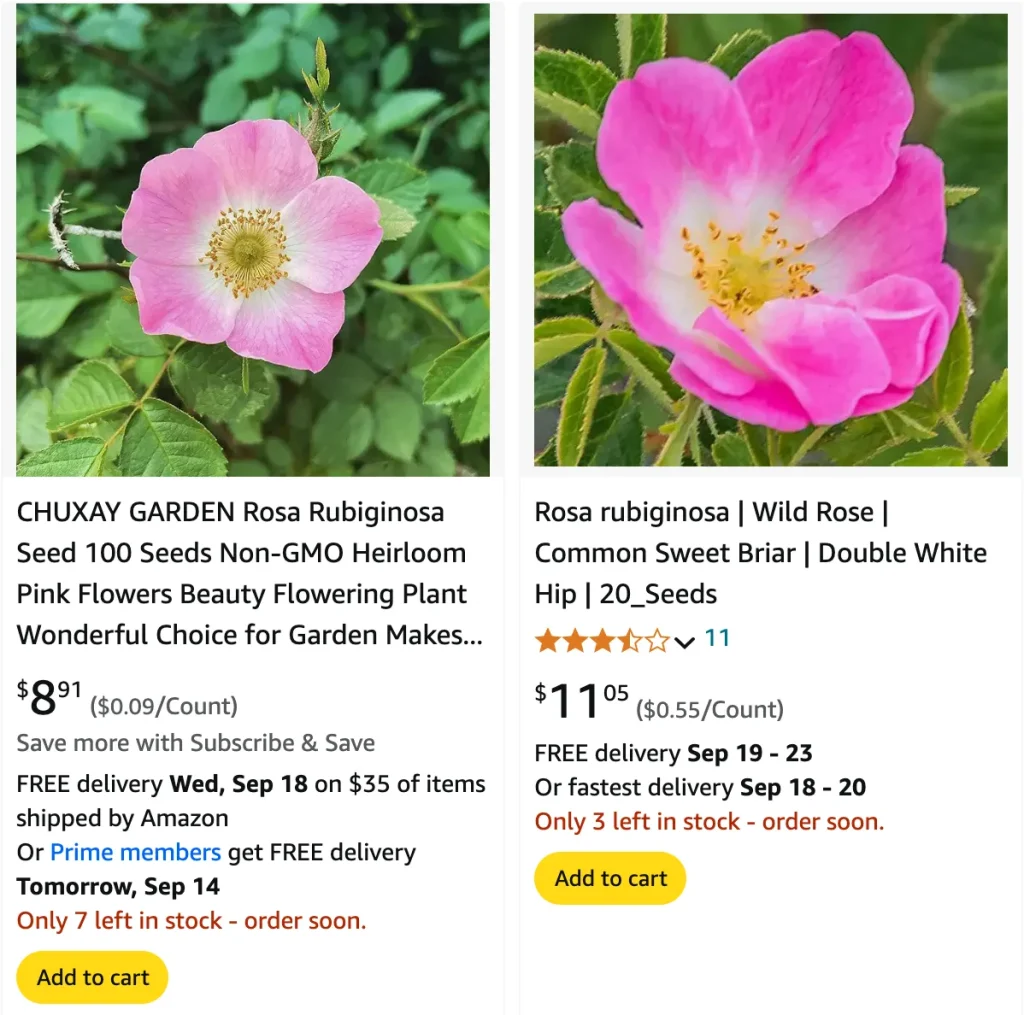
FAQs About Rosa Rubiginosa: My Experience and Insights
As a plant enthusiast, I’ve come across several different types of roses, but one that stands out is Rosa Rubiginosa. Also known as the Sweet Briar Rose, this plant is widely recognized for its fragrant leaves and medicinal properties. Let me dive into some frequently asked questions about Rosa Rubiginosa that I’ve encountered and share my experience with you.
391 Species in Genus Rosa
What is Rosa Rubiginosa?
Rosa Rubiginosa is a species of wild rose native to Europe and western Asia. It’s known for its small, pink flowers and bright orange-red rose hips that appear after flowering. The rose hips of Rosa Rubiginosa are famous for their high vitamin C content and are often used in herbal teas and oils. The plant has a scraggly growth habit, reaching heights of up to 3 meters, and is valued both for its ornamental beauty and practical benefits.
How to Care for Rosa Rubiginosa?
Caring for Rosa Rubiginosa is straightforward. This rose thrives in full sun but can tolerate partial shade. It’s not particularly picky about soil, though it does best in well-draining, loamy soil with a slightly acidic pH. Watering should be moderate; you don’t want the roots to sit in waterlogged soil, but make sure it stays hydrated, especially during hot, dry spells. Pruning after the blooming season helps maintain a healthy shape and promotes more vigorous flowering the following year.
Can You Grow Rosa Rubiginosa Indoors?
In my experience, growing Rosa Rubiginosa indoors isn’t ideal. This plant prefers an outdoor environment where it can get plenty of sunlight and fresh air. It can grow quite large, which makes it unsuitable for most indoor spaces. However, if you want to bring some of its fragrant rose hips or leaves inside, you can cut them and enjoy their beauty in a vase.
Is Rosa Rubiginosa Toxic?
One of the questions I frequently get is whether Rosa Rubiginosa is toxic. The plant itself is not toxic, but the thorns can cause skin irritation, so I recommend wearing gloves when handling it. The rose hips are edible and are often used in teas or skincare products. However, always consult a healthcare provider before consuming large quantities, especially if you’re pregnant or nursing.
Is Rosa Rubiginosa Rose Hip Seed Oil Safe During Pregnancy?
Rosa Rubiginosa is well-known for its rose hip seed oil, which has a reputation for being excellent in skincare. Many pregnant women wonder whether it’s safe to use during pregnancy. Based on my research and experience, rose hip seed oil from Rosa Rubiginosa is generally considered safe for external use during pregnancy. It’s rich in essential fatty acids and antioxidants, making it a great option for preventing stretch marks and keeping skin hydrated. However, it’s always best to consult a doctor before incorporating new products into your skincare routine during pregnancy.
Where to Buy Rosa Rubiginosa?
You can purchase Rosa Rubiginosa plants or seeds from various online nurseries and local garden centers. I recommend checking specialized rose growers for the best quality. If you’re looking for Rosa Rubiginosa rose hip seed oil, health stores, organic beauty brands, and online marketplaces like Amazon or Etsy are excellent places to look. Always make sure the source is reputable, especially when buying products for skincare.
Rosa Rubiginosa vs. Rosa Canina
I often get asked how Rosa Rubiginosa compares to Rosa Canina (Dog Rose). Both produce rose hips, but Rosa Rubiginosa’s hips tend to be richer in vitamin C and fatty acids, making it more popular in the skincare industry. Rosa Canina, however, is more widespread and is often found in hedgerows. Both roses are lovely, but for those focused on skincare benefits, Rosa Rubiginosa has the edge.
Rosa Rubiginosa vs. Rosa Mosqueta
Rosa Rubiginosa is sometimes confused with Rosa Mosqueta, which also produces oil from its rose hips. The main difference is that Rosa Mosqueta is a broader term that encompasses several species of wild roses, including Rubiginosa. In my experience, Rosa Rubiginosa is often considered superior due to its higher content of essential fatty acids and vitamins. If you’re looking for a specific product for skincare, check whether it specifies Rosa Rubiginosa or just the generic term “Mosqueta.”
Rosa Rubiginosa vs. Rosa Moschata
When comparing Rosa Rubiginosa to Rosa Moschata (the Musk Rose), the main difference lies in their growth habits and rose hips. Rosa Moschata produces larger flowers with a musk-like scent, while Rosa Rubiginosa is prized for its rose hips, which are smaller but more abundant. Rosa Moschata has a long history in garden cultivation, whereas Rubiginosa is often appreciated for its wild, untamed beauty.
Rosa Rubiginosa vs. Rosa Rugosa
Another comparison I often make is between Rosa Rubiginosa and Rosa Rugosa. Both are hardy and produce vitamin-rich rose hips, but Rosa Rugosa is often more vigorous and tolerant of coastal environments. Rugosa’s rose hips are larger, while Rubiginosa’s are smaller but potentially more concentrated in beneficial compounds. For landscaping, I find Rugosa better suited to windy, salty conditions, whereas Rubiginosa is ideal for traditional gardens and hedgerows.
Benefits of Rosa Rubiginosa
Rosa Rubiginosa has numerous benefits, especially when it comes to skincare. The rose hip oil is packed with vitamins A, C, and E, which help repair and rejuvenate skin. It’s also rich in essential fatty acids, which improve skin elasticity and reduce scars and wrinkles. The vitamin C content in the rose hips also makes this rose a natural immune booster when consumed as tea.
Common Problems with Rosa Rubiginosa
Like many roses, Rosa Rubiginosa can be prone to certain issues like aphids, black spot, and powdery mildew. I recommend keeping an eye on the leaves for signs of disease and treating any problems early with organic pesticides or homemade remedies like neem oil.
What to Plant with Rosa Rubiginosa?
Rosa Rubiginosa pairs well with other wildflowers, herbs, and ornamental grasses in the garden. I’ve had great success planting it alongside lavender, which complements its scent, and tall perennials like hollyhocks that add height to the garden. It also works well in mixed hedgerows with hawthorn or elderberry.
In conclusion, Rosa Rubiginosa is a beautiful and versatile plant that offers numerous benefits both in the garden and as part of a skincare routine. Whether you’re using the rose hips or just enjoying the fragrant flowers, this rose is a must-have for any garden enthusiast!
If i die, water my plants!
